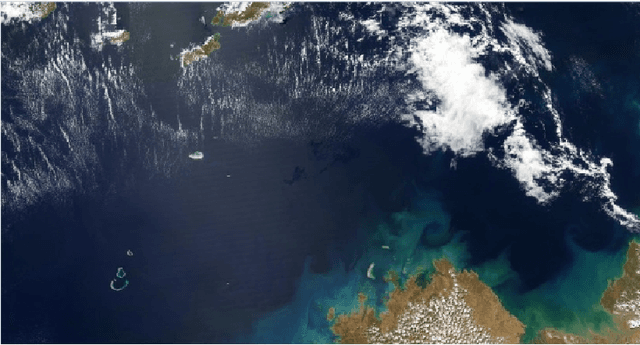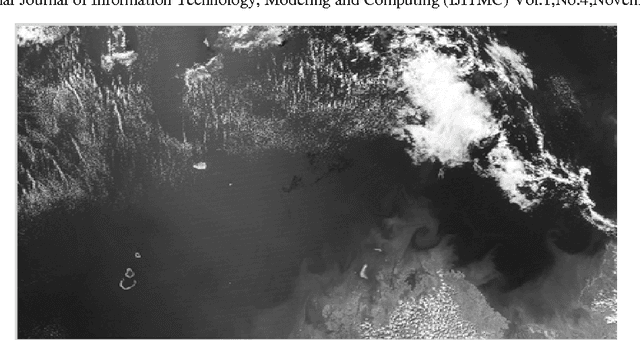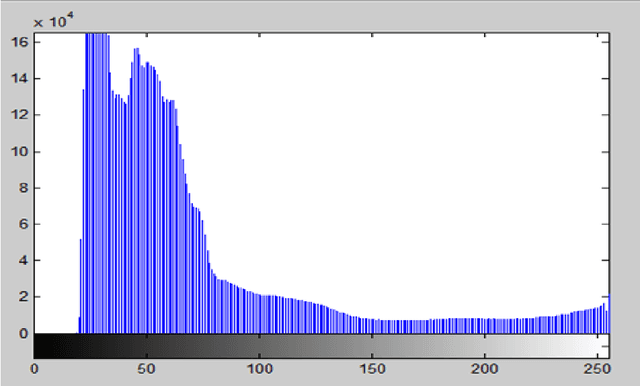Griffith S. Klogo
A Bayesian Incentive Mechanism for Poison-Resilient Federated Learning
Jul 16, 2025Abstract:Federated learning (FL) enables collaborative model training across decentralized clients while preserving data privacy. However, its open-participation nature exposes it to data-poisoning attacks, in which malicious actors submit corrupted model updates to degrade the global model. Existing defenses are often reactive, relying on statistical aggregation rules that can be computationally expensive and that typically assume an honest majority. This paper introduces a proactive, economic defense: a lightweight Bayesian incentive mechanism that makes malicious behavior economically irrational. Each training round is modeled as a Bayesian game of incomplete information in which the server, acting as the principal, uses a small, private validation dataset to verify update quality before issuing payments. The design satisfies Individual Rationality (IR) for benevolent clients, ensuring their participation is profitable, and Incentive Compatibility (IC), making poisoning an economically dominated strategy. Extensive experiments on non-IID partitions of MNIST and FashionMNIST demonstrate robustness: with 50% label-flipping adversaries on MNIST, the mechanism maintains 96.7% accuracy, only 0.3 percentage points lower than in a scenario with 30% label-flipping adversaries. This outcome is 51.7 percentage points better than standard FedAvg, which collapses under the same 50% attack. The mechanism is computationally light, budget-bounded, and readily integrates into existing FL frameworks, offering a practical route to economically robust and sustainable FL ecosystems.
ZKP-FedEval: Verifiable and Privacy-Preserving Federated Evaluation using Zero-Knowledge Proofs
Jul 15, 2025Abstract:Federated Learning (FL) enables collaborative model training on decentralized data without exposing raw data. However, the evaluation phase in FL may leak sensitive information through shared performance metrics. In this paper, we propose a novel protocol that incorporates Zero-Knowledge Proofs (ZKPs) to enable privacy-preserving and verifiable evaluation for FL. Instead of revealing raw loss values, clients generate a succinct proof asserting that their local loss is below a predefined threshold. Our approach is implemented without reliance on external APIs, using self-contained modules for federated learning simulation, ZKP circuit design, and experimental evaluation on both the MNIST and Human Activity Recognition (HAR) datasets. We focus on a threshold-based proof for a simple Convolutional Neural Network (CNN) model (for MNIST) and a multi-layer perceptron (MLP) model (for HAR), and evaluate the approach in terms of computational overhead, communication cost, and verifiability.
On the Performance of Filters for Reduction of Speckle Noise in SAR Images off the Coast of the Gulf of Guinea
Dec 09, 2013



Abstract:Synthetic Aperture Radar (SAR) imagery to monitor oil spills are some methods that have been proposed for the West African sub-region. With the increase in the number of oil exploration companies in Ghana (and her neighbors) and the rise in the coastal activities in the sub-region, there is the need for proper monitoring of the environmental impact of these socio-economic activities on the environment. Detection and near real-time information about oil spills are fundamental in reducing oil spill environmental impact. SAR images are prone to some noise, which is predominantly speckle noise around the coastal areas. This paper evaluates the performance of the mean and median filters used in the preprocessing filtering to reduce speckle noise in SAR images for most image processing algorithms.
 Add to Chrome
Add to Chrome Add to Firefox
Add to Firefox Add to Edge
Add to Edge